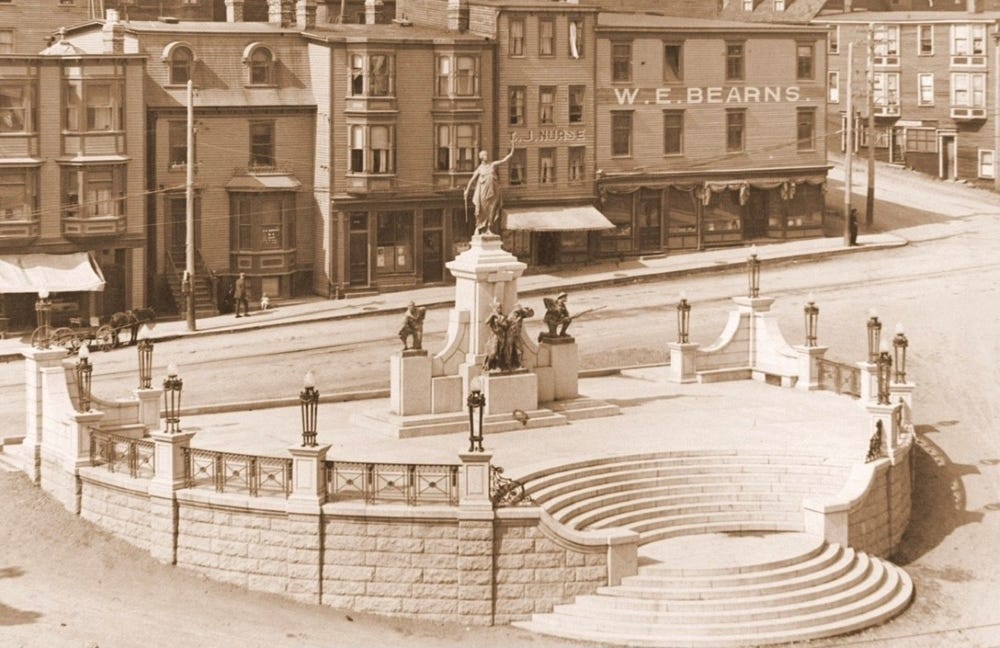On August 7, 1914, the Newfoundland cabinet met at Government House in an extraordinary session prompted by the outbreak of war with Germany on August 4.
Britain was at war and while the Dominion of Newfoundland was also at war automatically, how it took part was entirely a matter for the elected Newfoundland government to decide.
The government led by Ed…
Keep reading with a 7-day free trial
Subscribe to Bond Papers to keep reading this post and get 7 days of free access to the full post archives.




